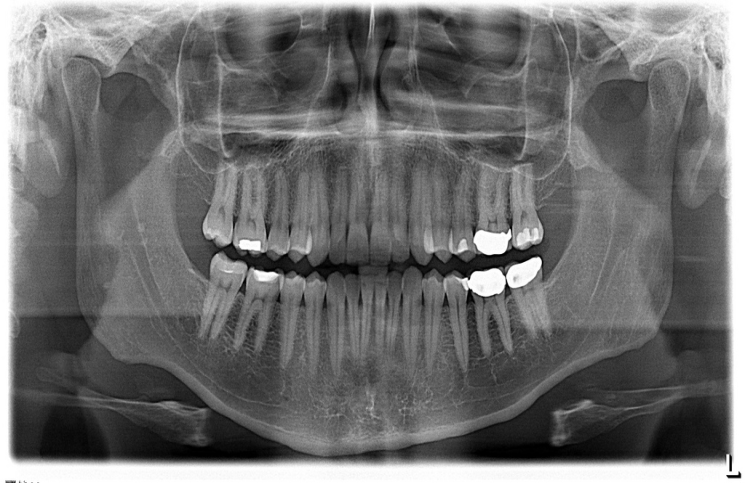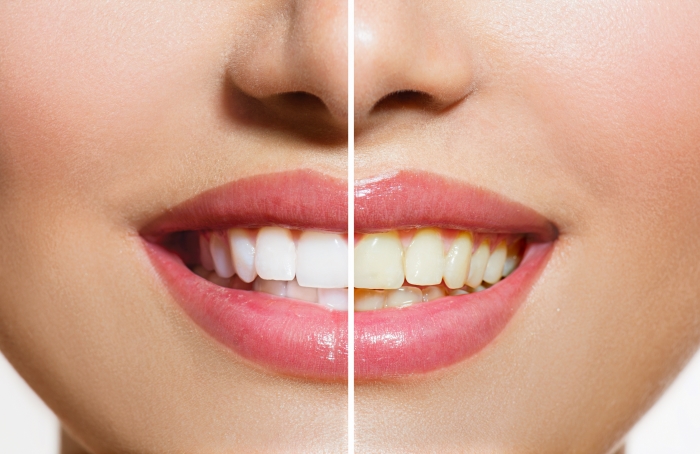People all over are ditching their favorite mouthwash in favor of oil pulling, an Ayurvedic practise often though to have far-reaching benefits inside the mouth and body.
While oil pulling has no scientific evidence to back up most of its claims, the act of swishing cooking oil around in one’s mouth for ten minutes or longer is tempting for people who’re seeking a natural, inexpensive method to clean and whiten teeth, and rejuvenate their gum health.
The thinking behind oil pulling is that bacteria is captured in the oil as you swish it around in your mouth, reducing plaque and inflammation in the mouth, and actually whitening your teeth.
But the purported health benefits don’t end there. Oil pulling is thought to draw toxins out of the body through the mouth also, by increasing saliva production, and thus “pulling” anything and everything that ails us from the body to be spit out with the oil when we’re done.
Other Benefits Include Prevention and Cure of:
• Cancer
• Diabetes
• Digestive Disorders
• Chemical Poisoning
• Migraines
• Asthma
• Acne
How it’s Done
Whether you’re looking to improve your oral health or looking for the farther-reaching effects, the modus-operandi is exactly the same: put a tablespoon of cooking oil in your mouth, then swish and swirl it around for 10 minutes or longer. Focus on pushing and pulling the oil through the gaps in your teeth for the best dental benefits.
Type of Oils Used
According to proponents, any oil can be used. Coconut and sesame oils appear to have the most data supporting the benefits they offer to people who do oil pulling on a regular basis. In fact, coconut oil has been proven effective at killing streptococcus bacteria; the main cause of cavities in the mouth (see here).
So Does it Really Improve Oral Health?
Despite all the other claims circulating about oil pulling, its effect on destroying and even preventing the “bad bacteria” that causes cavities, tooth decay, and inflammatory gum disease have proven effective – to an extent.
However, this NCBI study studied the effects of oil pulling with chlorhexidine; the main antiseptic ingredient in many anti-bacterial mouthwashes. The study concluded that chlorhexidine was much more effective at limiting “S. mutans” levels in plaque and saliva. High S. mutans levels are a major cofactor in the growth of plaque on our teeth.
The fact that mouthwashes containing chlorhexidine have proved more effective at reducing the bacteria responsible for plaque means that while oil pulling is better than nothing, it isn’t the be-all end-all answer to our oral care needs.
To date, no studies have shown evidence that oil pulling whitens teeth, as is often claimed. Since this practise can help prevent plaque and eventually tartar buildup, it’s conceivable that oil pulling may prevent some staining from occurring, but it’s very unlikely it can actually reverse it.
Most staining of our teeth results from compounds in the food and beverages we consume staining our enamel; which can be avoided by simply brushing and flossing daily, or reversed using a home-whitening kit.
What About the Other Benefits?
Unfortunately, there’s only a small handful of legitimate scientific studies that have been performed to test the effects of oil pulling on our overall health. It’s been long known that many health problems including cancer, heart disease, stroke, obesity, diabetes, and many others begin right in our mouths.
Inflammation occurs below our gumline, in the areas we can’t see, providing a perfect incubation zone for the proliferation of inflammatory bacteria (source). These bacteria then spread throughout our body, and can lead to any number of inflammation-related health problems.
So, since oil pulling has shown to kill a significant amount of bacteria, there’s a possibility it could well help prevent disease in the body. The trouble is that inflammation doesn’t just occur in the mouth.
What we eat, drink and breath in all affect our stomach, organs in our digestive tract, heart, lungs, and circulatory system – independent of what’s going on in our mouth. And there’s no evidence to support the idea that oil pulling actually “pulls” bacteria and other toxins from anywhere but the surface areas in our mouth.
Conclusion
Despite all the hype surrounding oil pulling, the only empirically-proven effects it appears to have on our health is that it does kill some streptococcus bacteria living within our mouth. It’s also been proved that oil is nowhere near as effective as swishing mouthwash that contains chlorhexidine.
Using deductive reasoning to our advantage, it would appear that a 30-second rinse with your favorite mouthwash is a far better use of your time than 10 or more minutes spent pulling with cooking oil!




